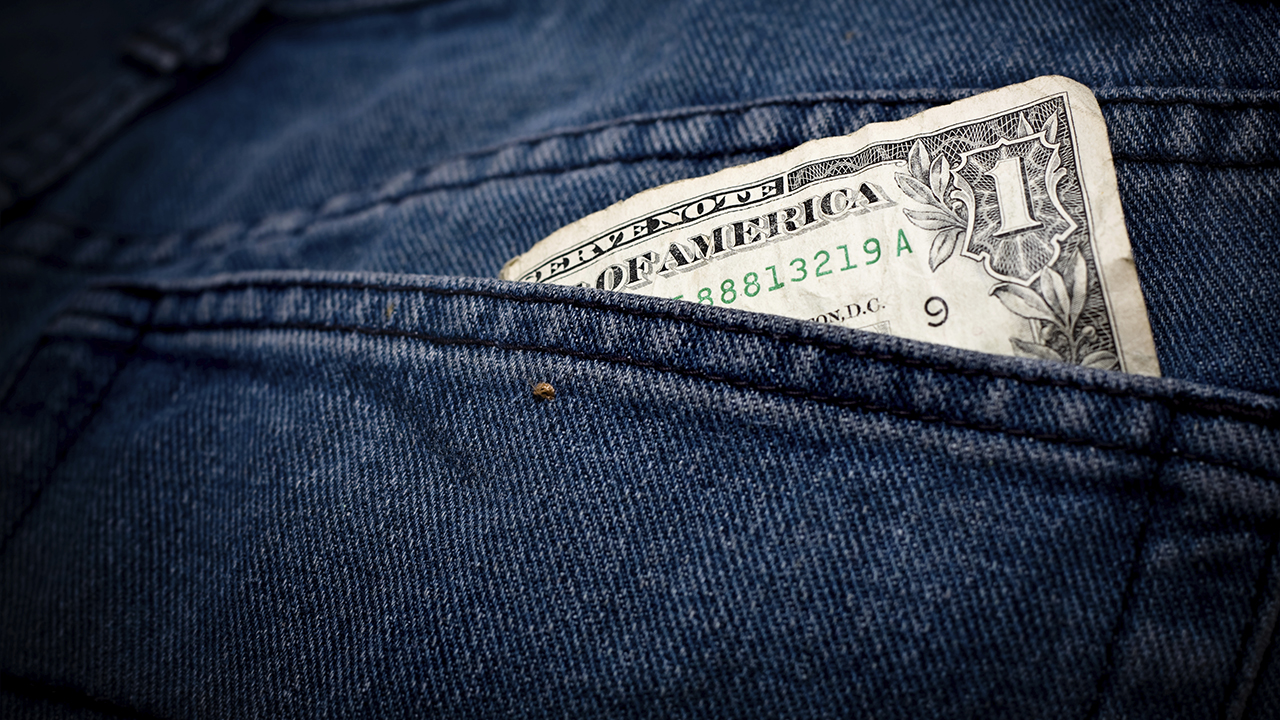Abortion rights, women of color, and LGBTQI+ people are under attack. Pledge to join us in fighting for gender justice.
Minimum Wage Wins Big in Four States, Paid Sick Days in Two

 Although the election this week may not have been entirely the outcome that progressives had hoped for, there are some bright spots. State ballot initiatives focused on the minimum wage and paid sick days are one of the largest bright spots. All four states that had ballot initiatives to raise the minimum wage – Arizona, Colorado, Maine, and Washington – approved those initiatives. Two of those states also approved new paid sick days laws.
Although the election this week may not have been entirely the outcome that progressives had hoped for, there are some bright spots. State ballot initiatives focused on the minimum wage and paid sick days are one of the largest bright spots. All four states that had ballot initiatives to raise the minimum wage – Arizona, Colorado, Maine, and Washington – approved those initiatives. Two of those states also approved new paid sick days laws.
- In Arizona, Proposition 206 received 59% of the vote. This measure will increase the minimum wage from $8.05 per hour to $12 per hour by 2020, with incremental increases each year. Tipped employees can be paid $3 per hour less, as long as they make up the difference in tips. Workers are also now guaranteed 24 to 40 hours of paid sick leave each year, depending on the number of employees in their workplace. Moreover, Flagstaff, Arizona, approved a measure that will increase the minimum wage to $15 by 2021, including for tipped workers.
- In Colorado, Amendment 70 received 54% of the vote. This initiative will increase the minimum wage from $8.31 per hour to $12 per hour by 2020, raising the minimum wage by 90 cents each year. Colorado also allows employers to pay tipped workers $3 per hour less than the regular minimum wage.
- In Maine, Question 4 received 56% of the vote. This measure will increase the minimum wage from $7.50 per hour to $12 per hour by 2020. After 2020, the minimum wage will be indexed to inflation. Tipped workers will also be getting a raise to $12 per hour by 2024.
- And in Washington, Initiative 1433 received 59% of the vote. This initiative will increase the minimum wage from $9.47 per hour to $13.50 per hour by 2020. Employers will also be required to offer paid sick leave by 2018, with employees accruing one hour of sick leave for every 40 hours worked.
Further, South Dakota voters overwhelmingly rejected a law that would have kept the minimum wage for teenagers lower than the minimum wage for other workers. Referred Bill 20, which had passed the state legislature before being referred to voters, was defeated by 70% of the vote in South Dakota. Teens in South Dakota will continue being paid the minimum wage ($8.55 per hour) that all other workers receive.
Nearly two-thirds of minimum wage workers nationally are women. Raising the minimum wage helps women and their families and decreases pay inequality. The Maine and Flagstaff initiatives doing away with the subminimum wage for tipped workers are also critical for women’s economic security, as women make up about two-thirds of tipped workers. And paid sick days are critical for ensuring that working women and men aren’t one sick kid away from losing their jobs. These are major wins for progress at the state level. It is great news that voters in multiple states voted – by a consistent ten percent margin – to help people and families making minimum wage and working without the basic benefit of paid sick days.





